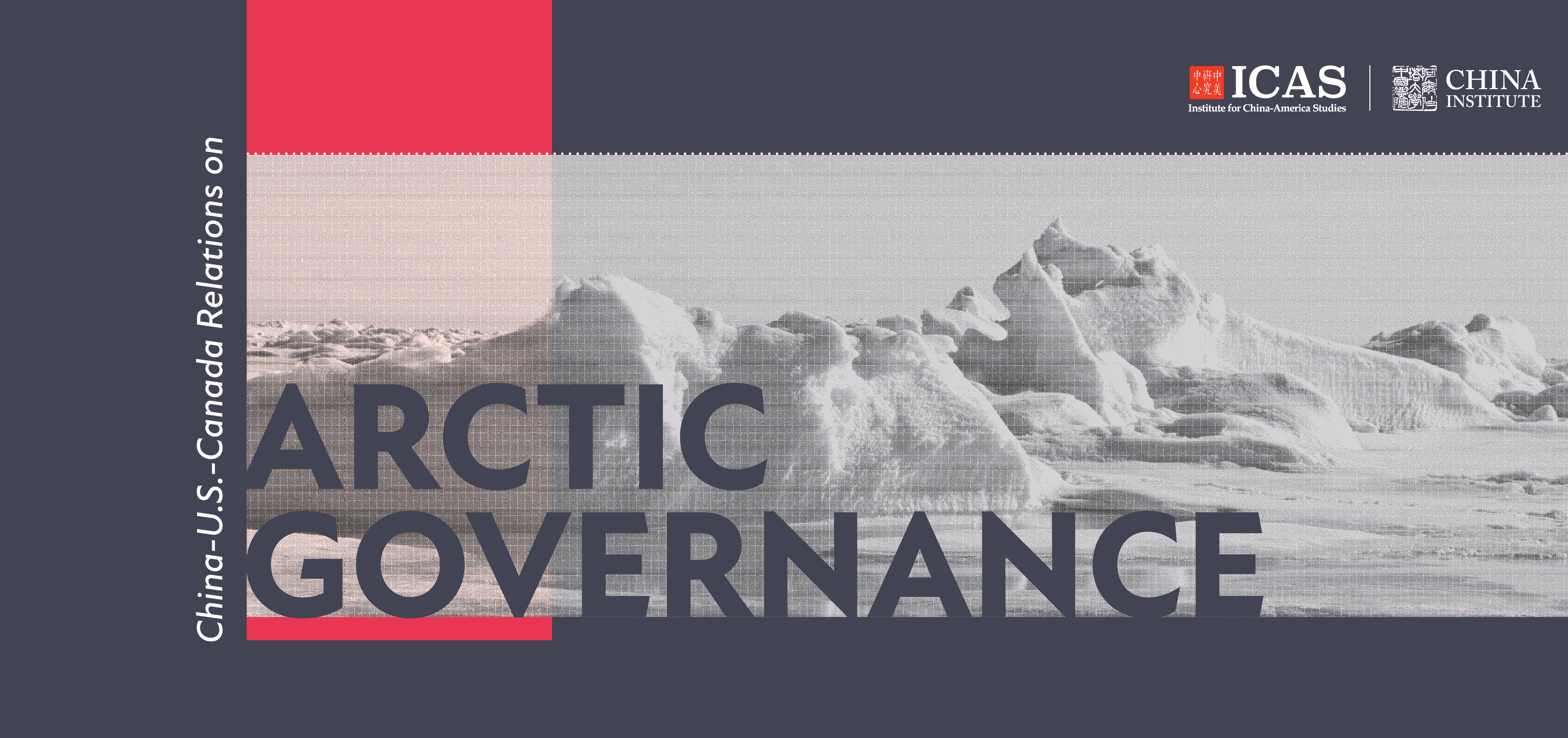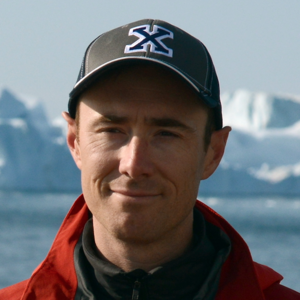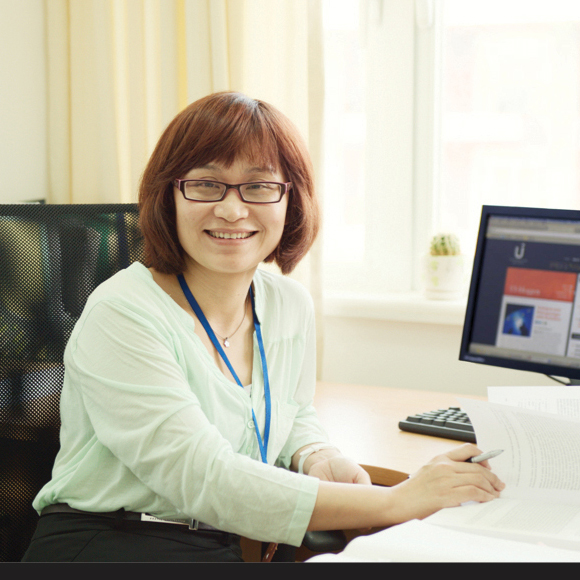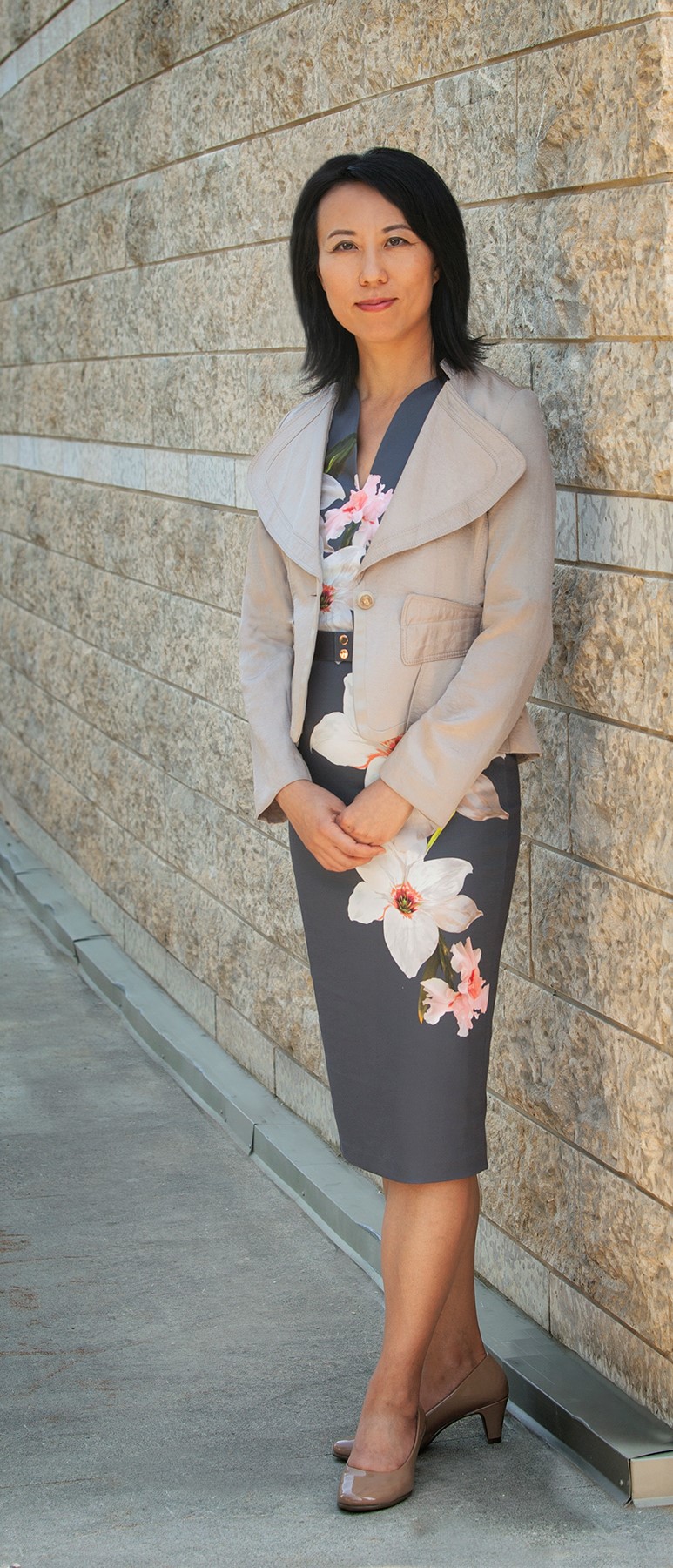China-U.S.-Canada Relations on Arctic Governance

Date: May 26, 2021
Time: 9:00 am – 10:00 am MDT (11:00 am to 12:00pm EDT)
On Wednesday, May 26, join the Institute for China-America Studies and the University of Alberta’s China Institute in a public dialogue on the complex China-U.S.-Canada relationship in the Arctic. RSVP to receive the Zoom link for live access to the dialogue.
The new geopolitical landscape of the Arctic today is a significant departure from the great power politics that existed in the region during the Cold War era. The supremacy of the military presence and the security interests of the two superpowers during that time have now been replaced by the multi-polar military and security interests and naval capacity of the multiple Arctic states. In recent years, the exclusivity of the region has been challenged by the activities of stakeholders from outside the region, including international organizations and non-Arctic states, as they are taking special interest in many aspects of the Arctic that focus on scientific research, shipping and resource development.
This one-hour webinar invites three speakers from the United States, Canada and China to share their views on the respective policy on Arctic governance of these three countries, from the perspective of the Arctic littoral state and from Non-Arctic states. They will also address the interactions of the three countries on the Arctic affairs, including areas of competition and potential cooperation such as climate change, natural resource exploration and extraction, the dynamic role of multilateral institutions in Arctic governance, and evolving great power security dynamics.
This webinar is part of the China-U.S.-Canada Trilateral Relations Roundtable series.
Speakers
Sherri GOODMAN
Senior Fellow at the Woodrow Wilson International Center

Sherri Goodman, Senior Fellow at the Wilson Center’s Environmental Change and Security Program and Polar Institute, is credited with educating a generation of U.S. military and government officials about the nexus between climate change and national security, using her famous coinage, “threat multiplier,” to fundamentally reshape the national discourse on the topic. A former first Deputy Undersecretary of Defense (Environmental Security) and staff member on the Senate Armed Services Committee, Goodman has founded, led, or advised nearly a dozen research organizations on environmental and energy matters, national security and public policy.
Long ZHAO
Assistant Director at the Shanghai Institutes for International Studies
 Dr. Zhao is an Assistant Director of Institute for Global Governance Studies and Professor (Senior Research Fellow) at Shanghai Institutes for International Studies. He graduated from Law Faculty at Lomonosov Moscow State University (MSU) and East China Normal University. Dr. ZHAO has published several academic papers on Global governance, Arctic affairs and Eurasian studies in major academic journals. He is a leader of research projects supported by National Social Science Foundation, Ministry of Foreign Affairs, State Oceanic Administration of China and others. Dr. ZHAO was on secondment to the Department of Treaty and Law at Ministry of Foreign Affairs of China, he has also been invited as a visiting scholar to German Council on Foreign Relations (DGAP) in Berlin, Norwegian Polar Institute (NPI) in Tromsø and Center for Strategic and International Studies (CSIS) in Washington D.C.
Dr. Zhao is an Assistant Director of Institute for Global Governance Studies and Professor (Senior Research Fellow) at Shanghai Institutes for International Studies. He graduated from Law Faculty at Lomonosov Moscow State University (MSU) and East China Normal University. Dr. ZHAO has published several academic papers on Global governance, Arctic affairs and Eurasian studies in major academic journals. He is a leader of research projects supported by National Social Science Foundation, Ministry of Foreign Affairs, State Oceanic Administration of China and others. Dr. ZHAO was on secondment to the Department of Treaty and Law at Ministry of Foreign Affairs of China, he has also been invited as a visiting scholar to German Council on Foreign Relations (DGAP) in Berlin, Norwegian Polar Institute (NPI) in Tromsø and Center for Strategic and International Studies (CSIS) in Washington D.C.
Adam LAJEUNESSE
Assistant Professor at St. Francis Xavier University
 Adam Lajeunesse, PhD, is the Irving Shipbuilding Chair in Canadian Arctic Marine Security Policy and an Assistant Professor at the Brian Mulroney Institute of Government, St. Francis Xavier University. He is the author of Lock, Stock, and Icebergs (2016), a political history of the Northwest Passage, as well as co-author of the 2017 monograph China’s Arctic Ambitions and What They Mean for Canada, and co-editor of Canadian Arctic Operations, 1941-2015: Lessons Learned, Lost, and Relearned (2017). Lajeunesse works on questions of Arctic sovereignty and security policy and has written extensively on Canadian Armed Forces Arctic operations, maritime security, Canadian-American cooperation in the North, and Canadian Arctic history.
Adam Lajeunesse, PhD, is the Irving Shipbuilding Chair in Canadian Arctic Marine Security Policy and an Assistant Professor at the Brian Mulroney Institute of Government, St. Francis Xavier University. He is the author of Lock, Stock, and Icebergs (2016), a political history of the Northwest Passage, as well as co-author of the 2017 monograph China’s Arctic Ambitions and What They Mean for Canada, and co-editor of Canadian Arctic Operations, 1941-2015: Lessons Learned, Lost, and Relearned (2017). Lajeunesse works on questions of Arctic sovereignty and security policy and has written extensively on Canadian Armed Forces Arctic operations, maritime security, Canadian-American cooperation in the North, and Canadian Arctic history.
Moderator
Nong HONG
Executive Director, Institute for China-America Studies and Senior Research Fellow, China Institute, University of Alberta Dr. Nong Hong heads the Institute for China-America Studies (ICAS), an independent, non-profit academic institution launched by the Hainan Nanhai Research Foundation. She also holds a joint position of research fellow with China Institute, University of Alberta (CIUA), National Institute for South China Sea Studies (NISCSS), and the China Center for Collaborated Studies on the South China Sea, Nanjing University (CCSCS).
Dr. Nong Hong heads the Institute for China-America Studies (ICAS), an independent, non-profit academic institution launched by the Hainan Nanhai Research Foundation. She also holds a joint position of research fellow with China Institute, University of Alberta (CIUA), National Institute for South China Sea Studies (NISCSS), and the China Center for Collaborated Studies on the South China Sea, Nanjing University (CCSCS).
Opening & Concluding Remarks
Jia WANG
Interim Director, China Institute, University of Alberta Jia Wang is the Interim Director of the China Institute at the University of Alberta where she manages research, programs, as well as government and media relations since 2011. Jia has over 14 years of direct management experience focusing on the economic and political dimensions of contemporary China and Canada-China relations in various capacities. At the China Institute, in addition to managing the operation and staff, she leads policy research initiatives examining Canada's diplomatic, trade, investment and energy linkages with China.
Jia Wang is the Interim Director of the China Institute at the University of Alberta where she manages research, programs, as well as government and media relations since 2011. Jia has over 14 years of direct management experience focusing on the economic and political dimensions of contemporary China and Canada-China relations in various capacities. At the China Institute, in addition to managing the operation and staff, she leads policy research initiatives examining Canada's diplomatic, trade, investment and energy linkages with China.